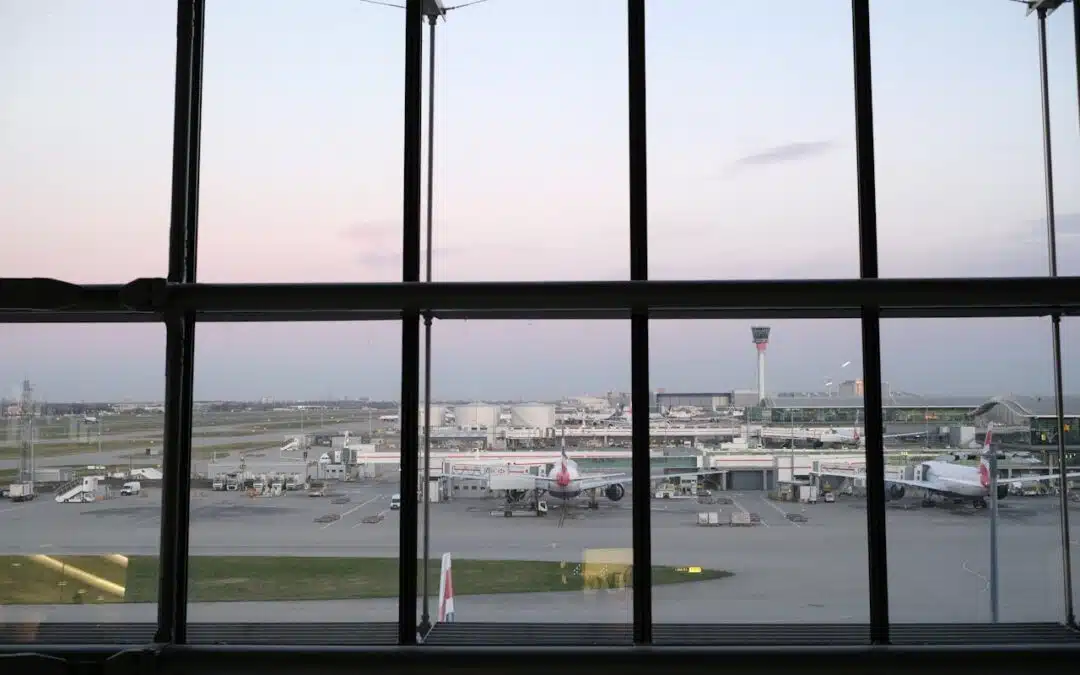The UK Sponsorship Licence is essential for businesses looking to hire skilled workers from abroad. Without it, employers cannot legally sponsor non-UK workers. This article provides insights into how businesses can obtain and maintain a sponsorship licence.
What is a Sponsorship Licence?
A Sponsorship Licence allows UK businesses to sponsor skilled workers under the Skilled Worker visa and other visa categories. It is granted by the Home Office and requires businesses to demonstrate their legitimacy and commitment to immigration compliance.
Applying for a Sponsorship Licence is a multi-step process that requires careful preparation to ensure compliance with UK immigration regulations.
The first step is to check eligibility, ensuring that the business is legally registered in the UK and has no history of non-compliance with immigration laws. Companies with past infractions or poor compliance records may face difficulties in obtaining approval.
Next, businesses must gather and prepare the necessary supporting documents, which typically include proof of business registration (such as a Companies House certificate), employer liability insurance, and evidence demonstrating a genuine need to hire a skilled worker from overseas. These documents help verify the legitimacy of the employer and their ability to meet sponsorship obligations.
Once all documentation is in place, the business must submit the application online, paying the required fee, which varies based on company size—£536 for small businesses and charities, and £1,476 for larger companies.
After submission, the business must await a decision from the Home Office, which can take up to eight weeks under standard processing times. However, priority services may be available for an additional fee, allowing for faster approval. Given the complexity and potential consequences of errors, businesses should ensure they meet all requirements before applying to improve their chances of a successful outcome.
Maintaining Compliance and Avoiding Penalties
Once a Sponsorship Licence is granted, employers must continuously meet strict compliance obligations to maintain their sponsorship status and avoid potential penalties.
One of the key responsibilities is conducting right-to-work checks before employment begins and at regular intervals, ensuring that all employees have the legal right to work in the UK. Failure to conduct these checks properly can lead to fines and possible legal consequences.
Employers must also keep detailed and up-to-date records of all sponsored employees, including copies of passports, visas, job descriptions, salary details, and attendance records. These documents must be readily available for inspection by the Home Office at any time.
Businesses have a duty to report significant changes in a sponsored employee’s circumstances, such as changes in job title, salary, or employment status (e.g., termination or resignation). These updates must be reported to the Home Office within the specified timeframes to ensure full compliance with immigration laws.
Failure to meet these obligations can result in severe consequences, including fines, suspension from the sponsorship register, or even the complete revocation of the Sponsorship Licence. To mitigate risks, businesses should implement robust compliance procedures and conduct regular internal audits to ensure ongoing adherence to UK immigration regulations.
For more information or for expert advice on business or personal legal issues, contact us by email at info@carterbond.co.uk or call us on 020 3475 6751.
This content is not intended to be used as a substitute for specific legal advice or opinions. No recipients of content from this site should act or refrain from acting on the basis of content of the site without seeking appropriate legal advice.

